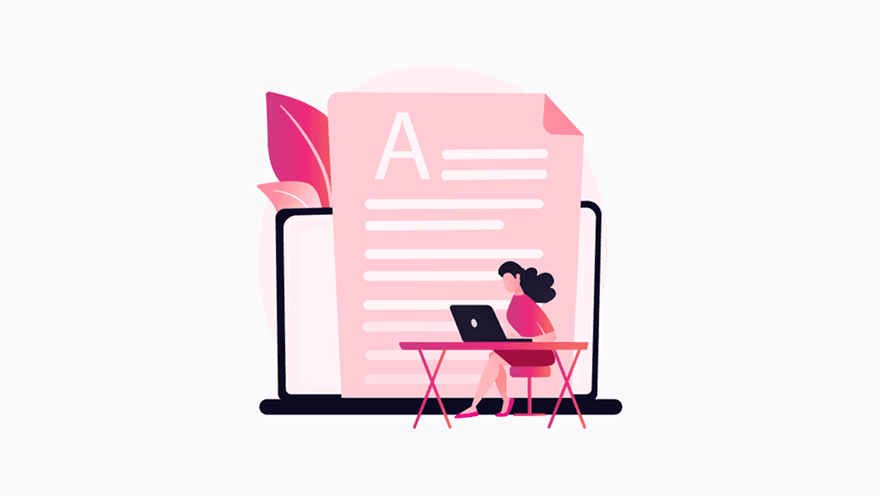When you've cleared the first round of interviews, you may be called by the organization to meet the senior management. You should be aware that the questions asked to you at this point will be trickier. Even your silences will be used to assess you. Nervous banter or confused ramblings can potentially hamper your chances to bag the job.
However, there is no need to be anxious. You can easily learn the tricks and techniques to navigate swiftly through the web of tough interview questions with our online interview course. Register on the Glow & Lovely Careers Website (formerly called the Fair & Lovely Career Foundation). Through our partnership with the English Edge, you can gain access to Advanced Interview Questions. It is a free, 4-day online course.
The course will empower you to answer personal, reflective questions with flair. Answering clearly without being stumped will leave a positive impression on your potential employers. It lets your employers know that you have a vision for your future and are goal-oriented.
The course syllabus includes: Your Key Differentiator, Discussing Salaries, Asking Questions, and After the Interview. Here, you'll find the best tips for interview preparation. The second round of interview consists of some of the most crucial discussions with your potential employer. At this stage, it is important to show why you are better than the other candidates. You should be able to demonstrate your skills with confidence. You will also be expected to answer some questions about your past experiences, hobbies, and personality. Remember, the questions are framed to understand if you are a good fit for the organization.
Self-evaluation can be tricky. On occasions, you may even find yourself meandering off-topic. The course will provide you will a clear blueprint to stay focused and field such questions.
Gradually, the conversation will move on to your salary expectations. Here, it is important to be able to justify your asking CTC. It has been observed and recorded that women are paid less than their male counterparts for the same job. We need women candidates to conduct their salary negotiations confidently. Experienced candidates, too, fail to get their desired package owing to their lack of communication skills. On the flip, some candidates lose out on great opportunities because they come across as too demanding or too aggressive. The course will help you find the right balance and teach you how to approach these topics professionally.
This online interview course is conducted in English. English subtitles are also available. You can take it at your convenience. All you need is to invest 1 hour for 4 days. We recommend this online interview course highly for freshers and candidates who want to switch to a better job.
Your preparation strategy for the desired job should also include knowing about the company. Do go through their website before appearing for the interview. Try to align your answers about your career goals with the company's vision. It will let your employer know that you are in sync with their growth model.
Top Tip:
- Make eye contact during the interview. If there are multiple interviewers, ensure that you address each of them while answering the questions.

